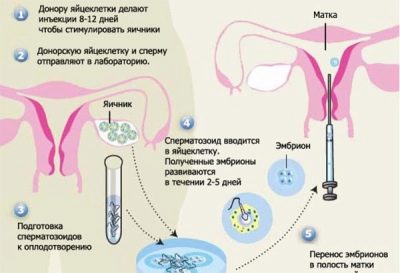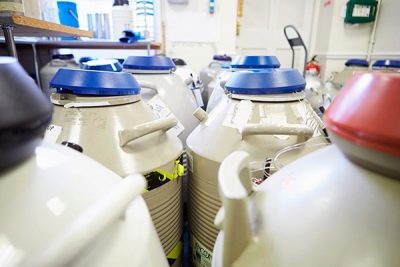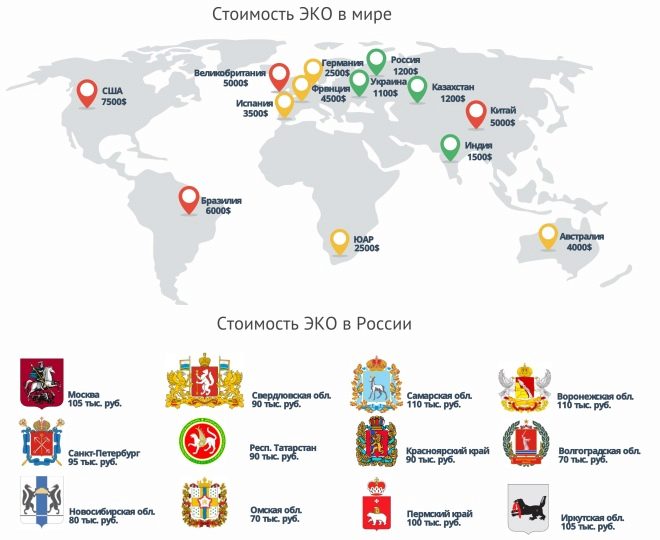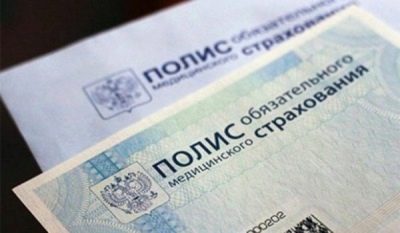IVF features without a husband and donor selection
Not every woman who does not have a husband and wants to give birth to a child can become pregnant by natural means: age, health, physical and psycho-emotional overload, as well as poor ecology. In this case, pregnancy does not occur without medical intervention. Assisted reproductive technologies, in particular, IVF, for single women in such a situation - the only way to experience the joy of motherhood. Consider whether it is possible to conduct an IVF procedure without a husband, and also what are the features of donor selection.
Legal aspects
When deciding to become pregnant with assisted reproductive technologies, most women wonder if the IVF procedure can be carried out without having an official spouse, or whether it is a prerequisite.
In Russia today there is a law on health protection, which details the rights of unmarried women regarding the use of artificial insemination methods. The main condition is voluntary written consent to this manipulation. Before signing this document, the reproductologist describes in detail the woman all the steps of the IVF procedure, and also warns of possible risks. Only after that the woman will be able to sign the relevant documentation and proceed to the passage of the designated diagnostic tests.
The possibilities of modern assisted reproductive technology
Most of the medical institutions dealing with reproductive health issues enable their patients to become mothers using alternative methods, including IVF - in vitro fertilization. The essence of this technology consists in medical stimulation of the ovaries for enhanced production of eggs, which are subsequently fertilized in the laboratory with donor spermatozoa. Next, the fertilized egg is transferred to the patient's uterus.
How to choose a donor?
If the patient has no husband or sexual partner, a sufficient number of cryobanks have been created in Russia, which provide patients with the opportunity to choose sperm donors according to various parameters: appearance, including eye color, hair color, height, weight, blood group, Rh factor, and more.
Sometimes women are available more complete information about the alleged father. These are broader characteristics of donors, including education, a profession, look at his children's photos and listen to audio recordings of voice sounds and even read a handwritten essay about motivation or hobbies.
As a result, unmarried women can use the selected donor's seminal fluid as a biomaterial.
IVF using donor germ cells
The IVF procedure in this case differs in some nuances.
- Higher probability of successful fertilization.
- The risk of anomalies in the fetus is lower, since a strict selection is conducted among donors. Sperm donors can be young men without bad habits, not having somatic pathologies and genetic diseases.
- The price per procedure is higher (taking into account the cost per donor sperm).
- A donor cannot claim paternity.He has no parental rights regarding a child born as a result of IVF. In turn, a woman cannot impose on the donor any responsibilities regarding the upbringing of the baby.
- A man who has become a donor will not know about you. This information will be completely hidden from him. In turn, a woman who has decided on IVF will be available some information regarding the biological father of her unborn child.
IVF on OMS policy for unmarried women
Most women for whom IVF is the only opportunity to experience the joy of motherhood are interested in the cost of this manipulation. The list of expenses includes consultation of a fertility specialist and narrow specialists (endocrinologist, gynecologist, general practitioner and others), laboratory tests, IVF procedure itself (sampling of biological material and embryo transfer).
The price of IVF for an unmarried woman is the same as for a lady who is officially married.
But there is also the possibility of IVF under the OMS policy. The right to the implementation of the free procedure of artificial insemination can take advantage of women not younger than 22 years and not older than 39 years. In addition, the absence of contraindications for IVF plays an important role.
In order to get a quota, a woman needs to start with putting her in the queue at the clinic, which is part of the federal program for providing such services free of charge. If the patient in all respects is suitable for IVF, then after a certain time this service will be provided to her for free.
If against husband
Sometimes a woman insists on IVF, and her husband is totally against it. He may not agree to such a procedure for various reasons, for example, he may not be satisfied with the cost of the service, or he refuses because of his religiosity.
One way or another, all these issues will have to be solved together, in order to finally come to some common solution. After all, if the spouse is against IVF, then this manipulation will not be carried out with respect to the woman. Firstly, it must be examined, and for this, whatever one may say, his voluntary consent is necessary. Secondly, for IVF it is necessary to use the biological material of the husband (seminal fluid), which he must first pass.
Hypothetically, if the husband categorically does not accept the IVF option, the woman can use donor's seminal fluid as a biological material. However, this can be done only under the condition that the relationship of the couple is not formalized.
If the spouses cannot agree on this issue, then at least you can get a divorce by making IVF as a free and lonely woman.
Probability of pregnancy after IVF
Deciding on IVF, every woman wonders if she can get pregnant the first time. After all, the virtual space is replete with both enthusiastic and negative reviews regarding this procedure. Yes, and certainly there will be acquaintances, hurrying to share their thoughts on this matter. The main thing is to set yourself up correctly, to objectively look at this question. No need to count on one hundred percent result. According to statistics, after IVF pregnancy occurs in every second case of replanting.
All factors are important here: the patient's age, the presence of diseases in the female reproductive system or other somatic pathologies. Naturally, the younger the future mother, the greater the likelihood of a successful outcome.
Remember, making a difficult decision about motherhood, you should not rely on the recommendations of friends or acquaintances. In this case, you should rely on the opinion of a specialist. In order for an attempt to complete successfully, you need to coordinate all your actions with your doctor, exactly fulfilling all his appointments. Get information from reliable sources, not from forums.
If you are afraid of the risk of IVF failure, you do not need to dwell on your fears during the preparation period and after the procedure itself, feeding them with a variety of negative information. Indeed, in this case there is a threat that, due to your condition, the embryos will not be able to implant in the uterine lining.
Tune in to a positive outcome, but without fanaticism. After all, in case of failure, you may experience depression or a nervous breakdown, which can adversely affect your health, which will reduce the chances of successful conception as a result of subsequent attempts.
How to choose a donor for IVF, see the following video.




















